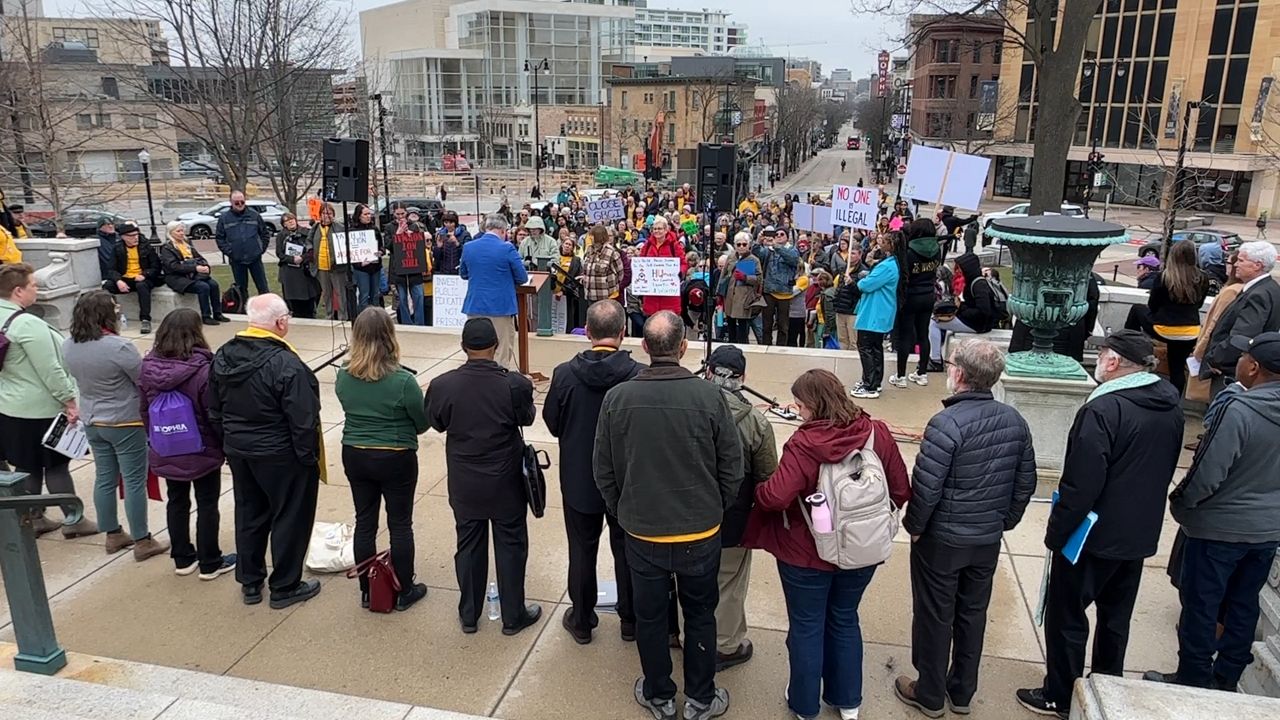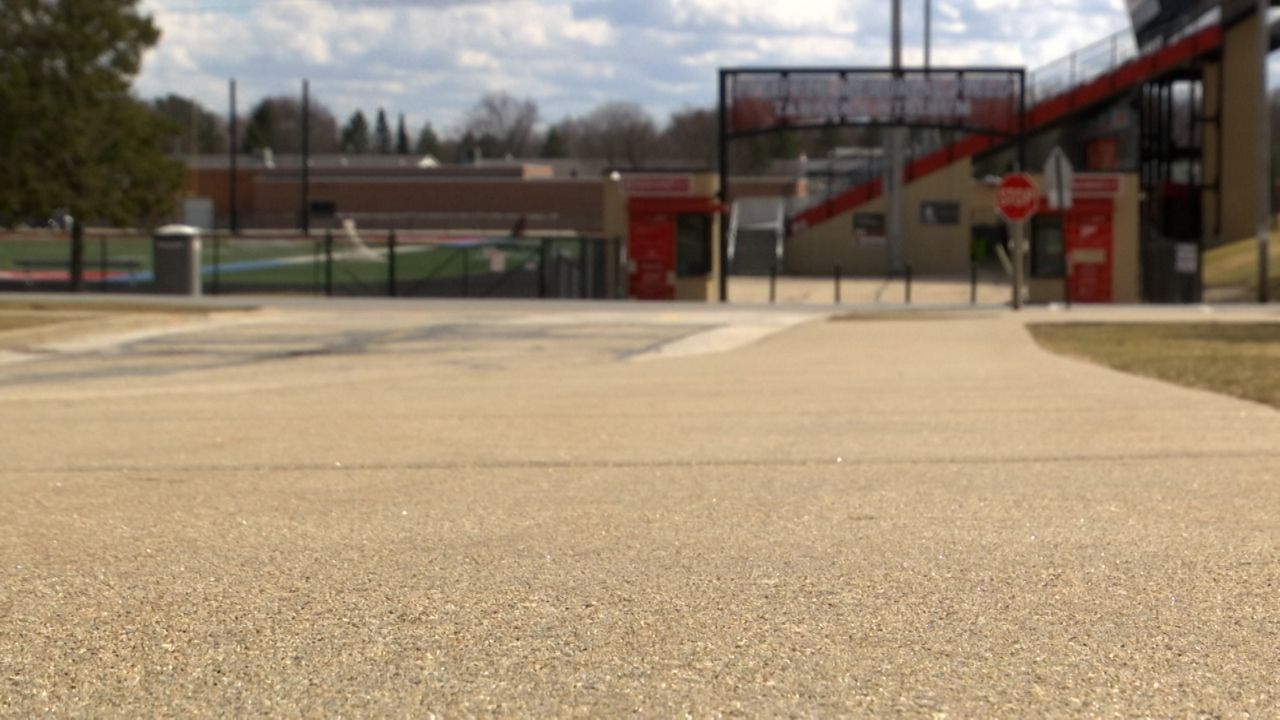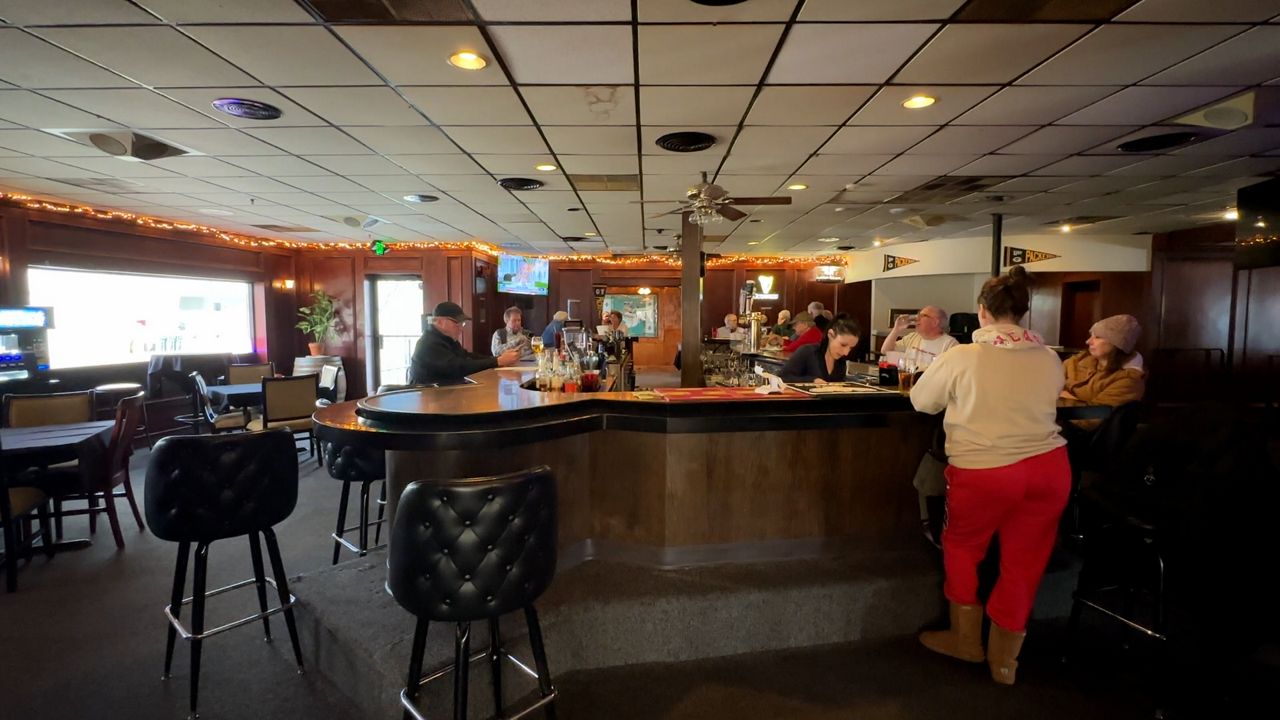MILWAUKEE — When Rais Bhuiyan arrived at his job at a Texas convenience store on Sept. 21, 2001, he could have never imagined how much his life would change.
Bhuiyan was behind the register when a man came inside and pointed a shotgun at his face. Bhuiyan said he assumed it was a robbery attempt, but he then realized it was something else.
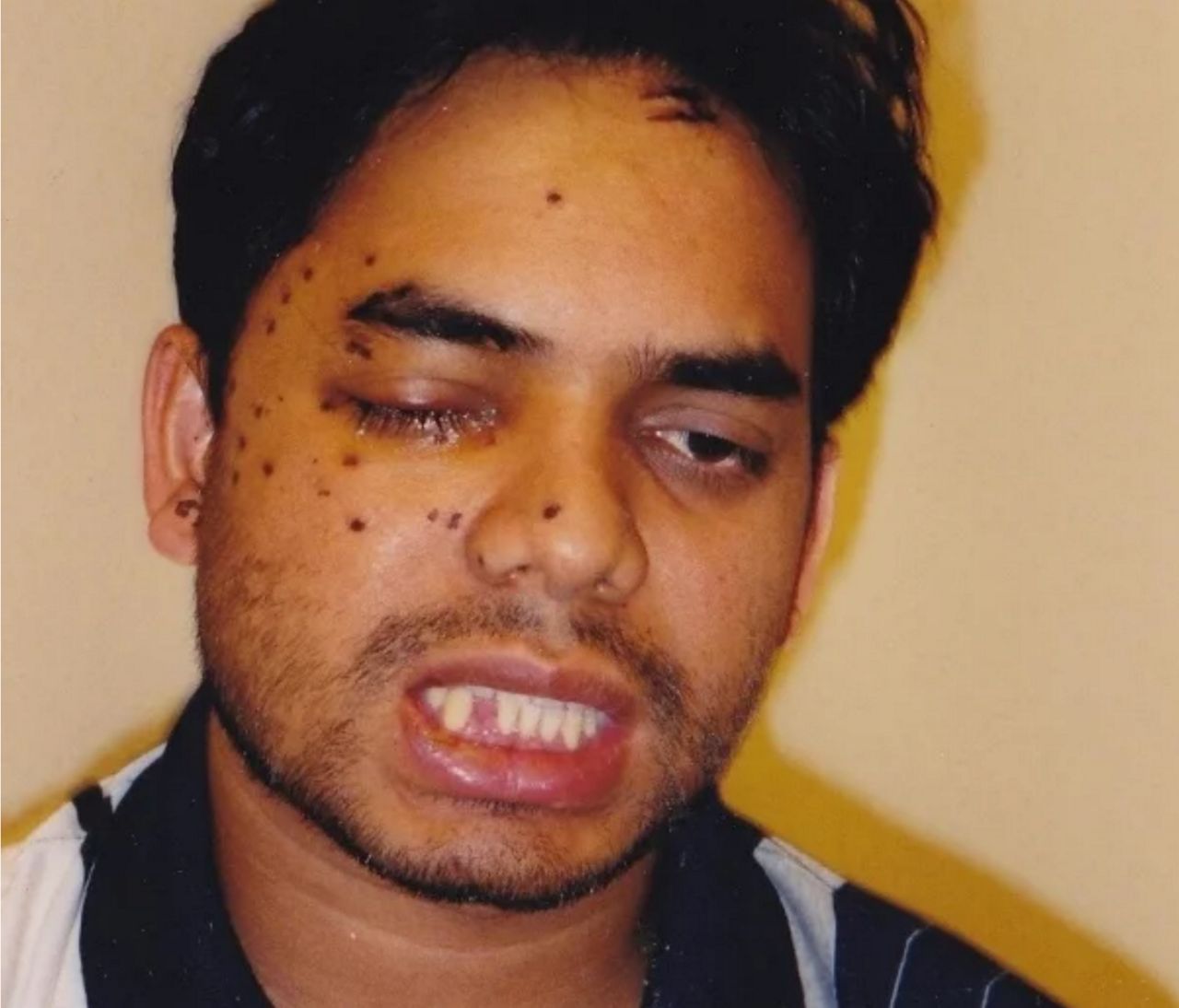
“He mumbled a question, ‘Where are you from?’” Bhuiyan said, describing his encounter.
Bhuiyan said before he could answer, he was shot.
“He left me to die on the cold, concrete convenience store floor,” Bhuiyan said.
Bhuiyan, who came to the United States in the late 1990s from Bangladesh, was randomly targeted by a white supremacist seeking revenge on Muslims after 9/11. Despite permanent vision damage, Bhuiyan survived.
“I made a promise to God that if you give me a chance to live, I would help others. I never forget my promise,” Bhuiyan said.“I made a promise to God that if you give me a chance to live, I would help others. I never forget my promise,” Bhuiyan said.
Bhuiyan embarked on a journey of forgiveness and cross-cultural understanding. First, by forgiving the gunman, Mark Stroman, who tried to kill him, and who also murdered two other men of South Asian decent around the same time.
Bhuiyan began speaking with Stroman, who he said renounced his “hateful views”.
“My attacker didn’t know me before he pulled the trigger. He did not see me as a human being. But, in the end, when he felt love, he found compassion, mercy and forgiveness from me. He called me ‘brother,'" he said.
Bhuiyan fought to save Stroman from death row. Stroman was ultimately executed in 2011.
Over the past 23 years, Bhuiyan has worked to reduce hate and foster cross-cultural understanding. He founded the nonprofit World Without Hate and speaks around the country.
Bhuiyan is the executive producer and subject of a documentary called “Pain and Peace,” which shares his story and those of others who have found common ground.
“Pain and Peace” was the first film shown at the 2024 Milwaukee Muslim Film Festival. Bhuiyan came to Milwaukee to attend the screening and take part in an audience talkback. He said getting to share his message around the country, including in Milwaukee, means a lot.
“To share my story, the stories of others, to build bridges, to help people find hope, healing and find purpose in their life,” Bhuiyan said.
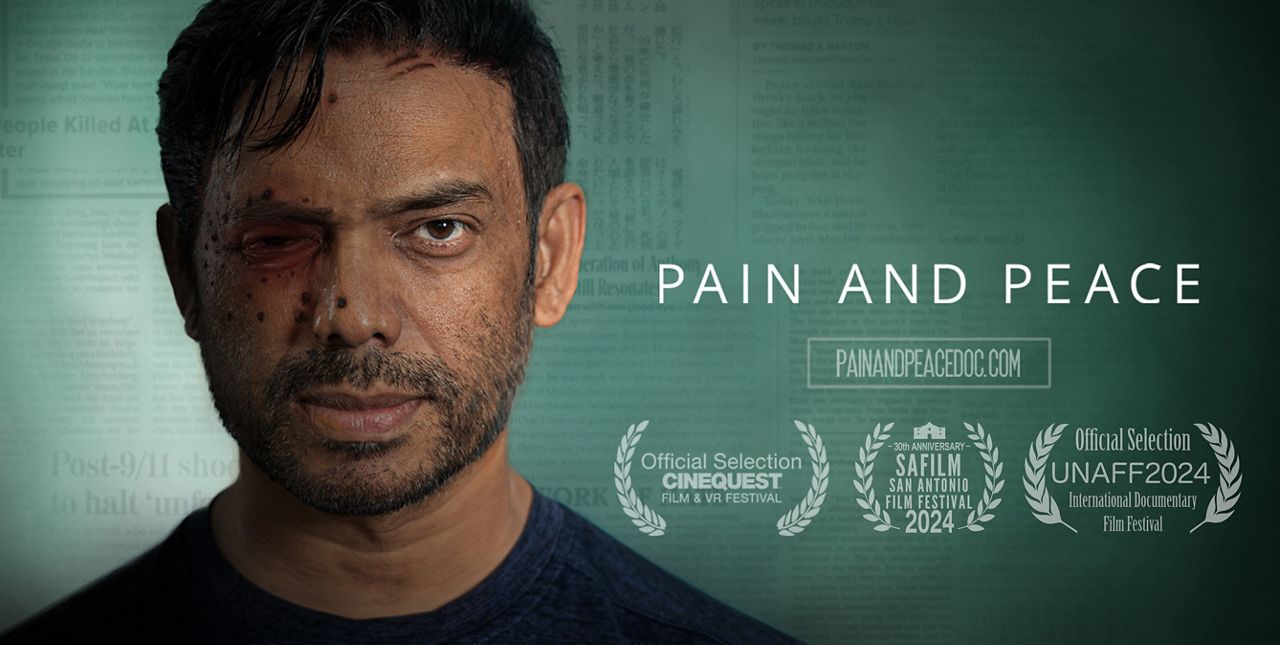
“Pain and Peace” also features a Wisconsin connection. Bhuiyan interviewed Pardeep Kaleka, whose father was killed in the 2012 shooting at the Sikh Temple shooting in Oak Creek, Wis.
Kaleka has since become an activist against hate crimes and violence. Through his work, Kaleka formed an unexpected bond with former white supremacist Arno Michaelis.
“I spent a couple of days here capturing their story, which is a very powerful story,” Bhuiyan said. “It shows that beyond hate, we all can overcome prejudice and our bitter experiences if we take time and listen to one another.”
The Milwaukee Muslim Film Festival continues through Sunday. You can learn more about the event by visiting its website
You can learn more about Rais Bhuiyan’s story by visiting his website.









